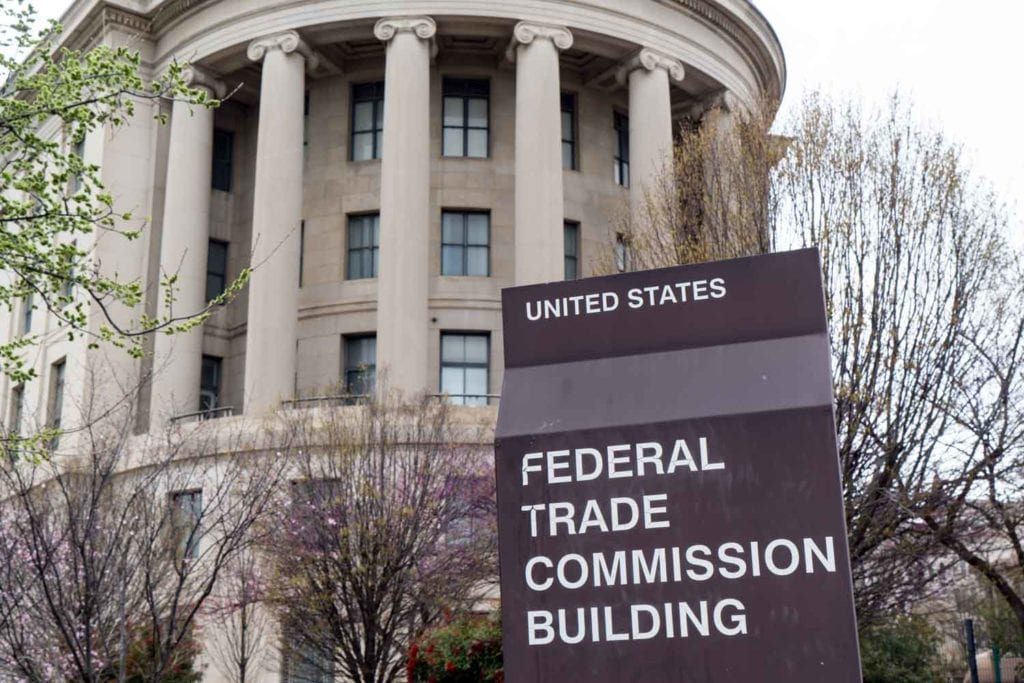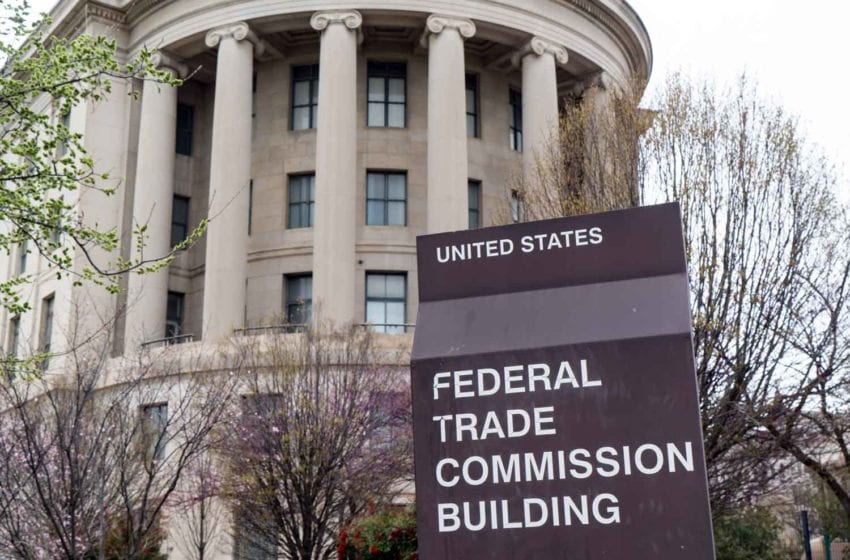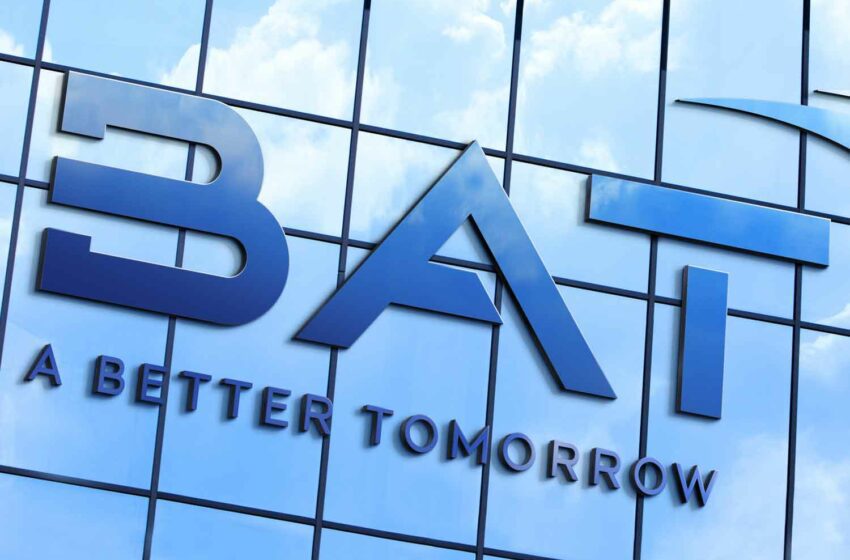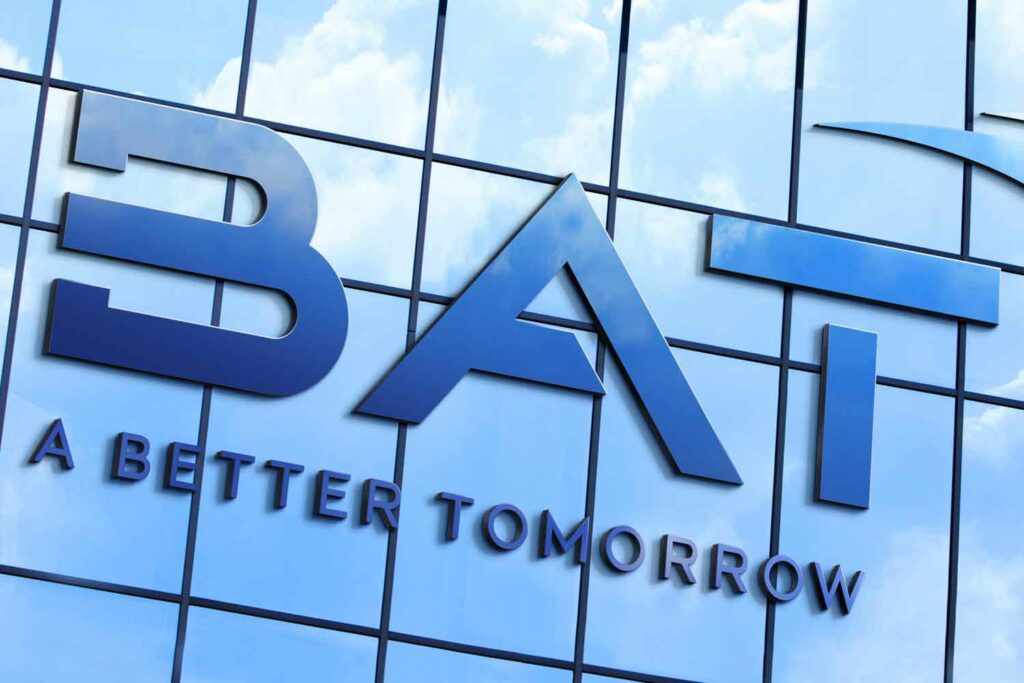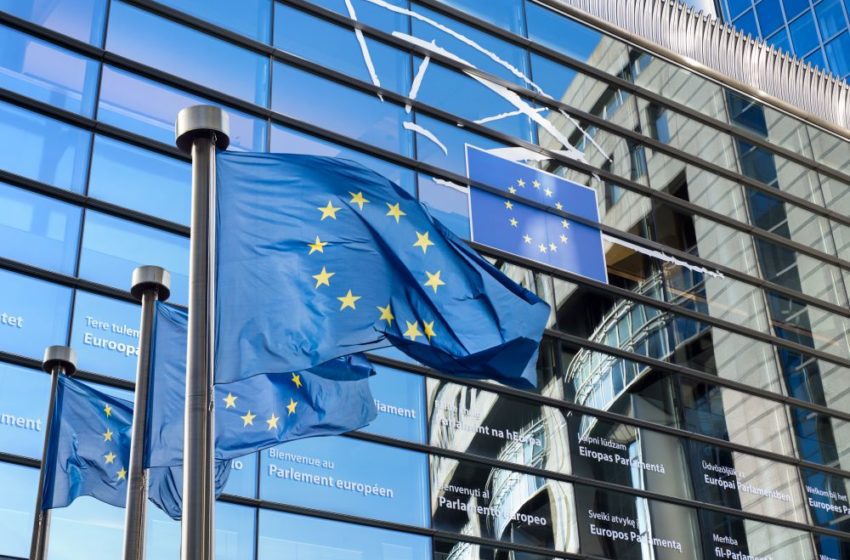The European Commission will propose extending smoking bans to outdoor areas, such as cafe terraces, bus stops and zoos. The proposal will also include nicotine-free products, according to leaked documents.
The recommendations include “heated-tobacco products and electronic cigarettes, whether containing nicotine or nicotine-free.” The commission also wants to include “tobacco surrogates and any other smoke and/or aerosol emitting products, according to the documents.
“The evidence on the use of emerging products as a cessation aid is inconclusive,” the documents said. The recommendations follow growing evidence that secondhand exposure to “aerosols from electronic cigarettes, both with and without nicotine, expose bystanders to quantifiable levels of particulate matter and key toxicants and contaminants.”
“The level of coverage of smoke-free rules varies greatly based on the type of smoke-free environments, and the general level of coverage of outdoor spaces in smoke-free policies is low,” the commission said.
The new guidelines would include outdoor or semi-outdoor, meaning partially covered or enclosed spaces like rooftops, balconies, porches and patios, associated with service establishments such as restaurants, bars and cafes. Public transport hubs like bus stops and airports and outdoor areas linked to workplaces, hospitals and nursing homes would also be included. Recreational areas where children are present would also be covered, including public playgrounds, amusement parks, swimming pools and zoos as well as educational premises ranging from preschool childcare to university.
The new recommendations are expected to be announced Sept. 17.
The leaked proposal has already received backlash from the World Vapers’ Alliance (WVA). “The commission is making a disastrous mistake by lumping vaping with smoking,” said Michael Landl, director of the WVA. “This sends a dangerous message to millions of smokers who need vaping to quit. This falsely equates vaping with smoking, misleading millions into believing vaping is just as harmful when it’s actually 95 percent less harmful. There is virtually no secondhand vaping, and it is way less harmful than smoking. These recommendations will keep more people smoking and put public health at greater risk by equating vaping with smoking.”
“The commission is outright misleading smokers by claiming vaping and smoking are the same,” said Alberto Gomez Hernandez, policy manager at the WVA. “This blatant disregard for science and consumer choice ignores the facts. Allowing vaping in smoke-free areas could drive more smokers to switch, cutting smoking deaths across Europe. Instead, they’re blocking a proven harm reduction tool and putting lives at risk.”
